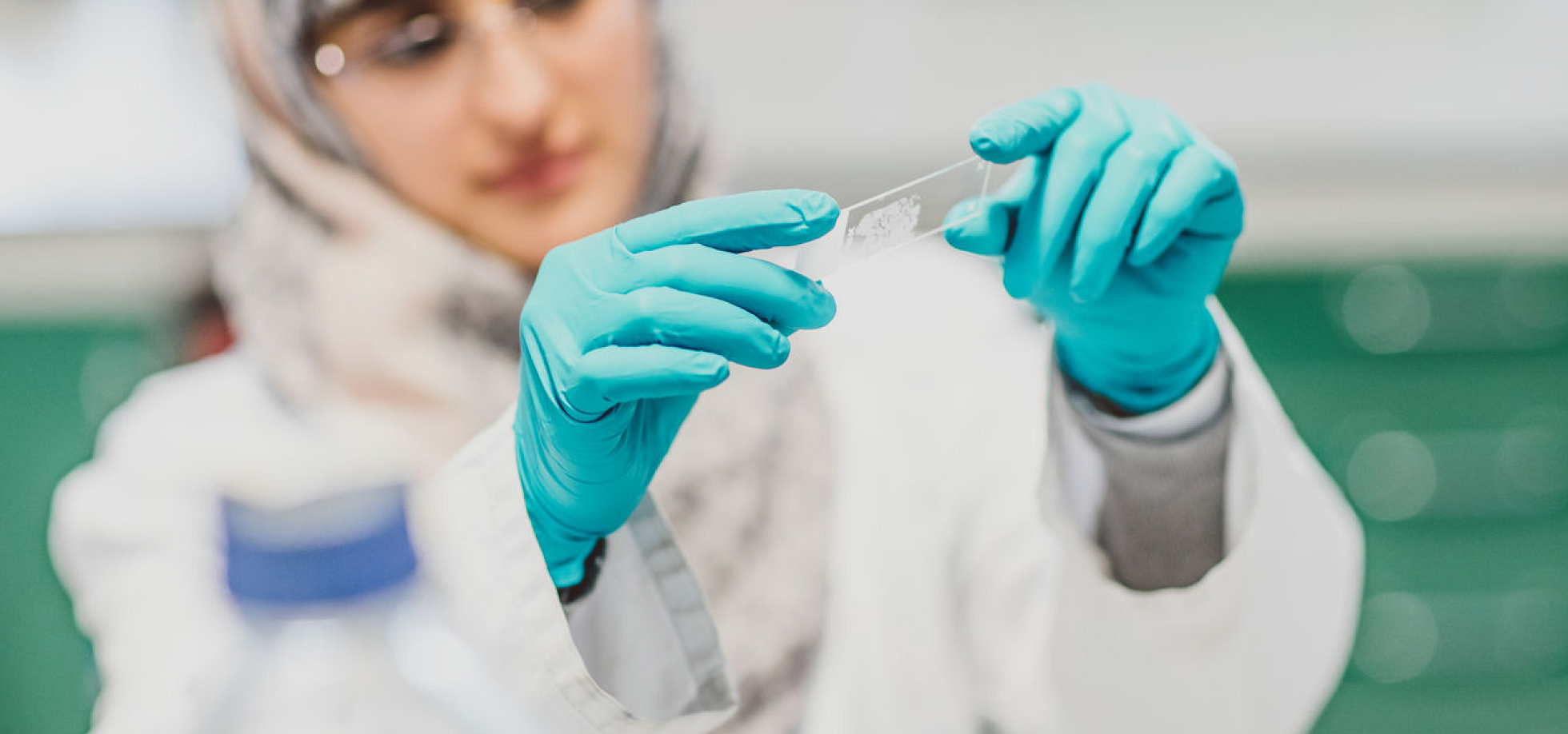
Cells are the basic functional units of living organisms. All of the activities of multi-cellular animals and plants depend ultimately on the actions of individual cells. Cells have very different structures in different animals, plants and micro-organisms, but all cells are complex systems of molecules capable of carrying out the interactions necessary for life, including energy transductions, synthesis of molecules, growth and duplication.
Cellular biologists aim to understand these functions of cells in structural and molecular terms. This module provides an introduction to the study of cell biology. We focus on the elementary principles of cell structure and function. We examine the eukaryotic cell cycle and its' regulation. The basic biochemical characteristics of the small molecules and large macromolecules that make up all cells are described. How the cell utilises energy is critical to its survival, we will examine the way cells use and store energy. Finally the biochemical properties and metabolic reactions that are common to most eukaryotic cells are described and discussed in the context of different areas of biology
Learning Outcomes:
To pass this module students will need to be able to:
1. describe the structure, evolution, structure and organisation of simple molecules, macromolecules, cells and organelles;
2. describe the basic principles and regulation of energy transformations in the cell and how cell structure, function and metabolism are integrated and modulated;
3. demonstrate an understanding of the cell cycle;
4. demonstrate competence in microscopy and spectrophotometry and present and analyse data from simple experiments.
- Module Supervisor: Philippe Laissue